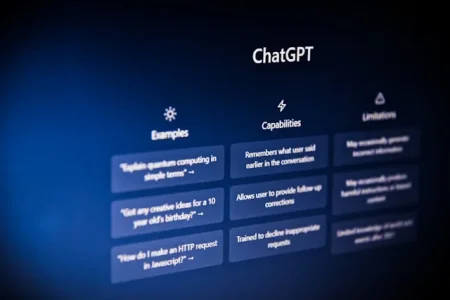
The Presidential Committee on Fiscal Policy and Tax Reforms, led by Chairman Taiwo Oyedele, has unveiled fifty significant tax exemptions and reliefs set to take effect from January 1, 2026. These measures are designed to protect low-income earners, support small businesses, and ease the financial burden on everyday Nigerians. Here’s the full list of benefits under the new tax laws:
Personal Income Tax [PAYE]
- Individuals earning the national minimum wage or less – fully exempt
- Annual gross income of up to ₦1,200,000 (approx. ₦800,000 taxable) – exempt
- Reduced PAYE rates for those earning up to ₦20 million annually
- All gifts received – exempt from tax
- Pension contributions to Pension Fund Administrators (PFAs)
- National Health Insurance Scheme (NHIS) contributions
- National Housing Fund (NHF) contributions
- Interest on loans for owner-occupied residential housing
- Life insurance or annuity premiums
- Rent relief – 20% of annual rent, capped at ₦500,000
- Pension funds and assets under the Pension Reform Act
- Pensions, gratuities, or retirement benefits under the Act
- Compensation for loss of employment up to ₦50 million
- Sale of an owner-occupied house
- Personal effects or chattels worth up to ₦5 million
- Sale of up to two private vehicles per year
- Gains on shares below ₦150 million annually or gains under ₦10 million
- Gains above threshold if proceeds are reinvested
- Gains by pension funds, charities, and religious institutions (non-commercial)
- Small companies (turnover ≤ ₦100m, assets ≤ ₦250m) – 0% tax
- Eligible labeled startups – fully exempt
- 50% extra deduction for salary increases or transport subsidies for low-income workers
- 50% deduction for salaries of new employees retained for 3+ years
- 5-year tax holiday for agricultural businesses
- Gains from investments in labeled startups by VCs, PEs, or incubators
- Small companies exempt from 4% development levy
- Small companies, manufacturers, and agricultural businesses are exempt from WHT on income
- Small companies are exempt from WHT on payments to suppliers
- Basic food items – 0% VAT
- Rent – exempt
- Education services and materials – 0% VAT
- Health and medical services – 0% VAT
- Pharmaceutical products – 0% VAT
- Small companies (turnover ≤ ₦100m) are exempt from charging VAT
- Diesel, petrol, and solar power equipment – VAT suspended or exempt
- VAT refund on assets/overheads used to produce VATable or 0% VAT goods
- Agricultural inputs – fertilizers, seeds, seedlings, feeds, live animals
- Purchase, lease, or hire of agricultural equipment
- Disability aids – hearing aids, wheelchairs, braille
- Shared passenger road transport (non-charter)
- Electric vehicles and parts – exempt
- Humanitarian supplies – exempt
- Baby products – 0% VAT
- Sanitary towels, pads, or tampons – 0% VAT
- Land and building – exempt
- Electronic money transfers below ₦10,000
- Salary payments
- Intra-bank transfers
- Transfers of government securities or shares
- All documents for the transfer of stocks and shares



